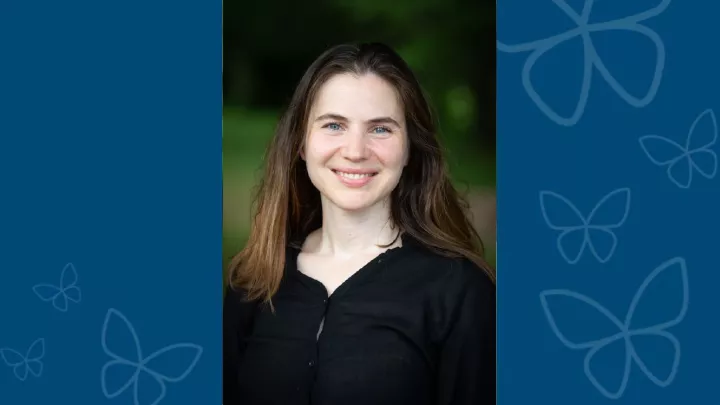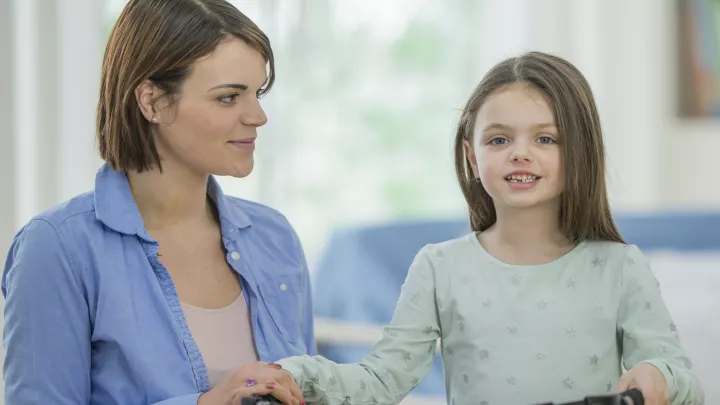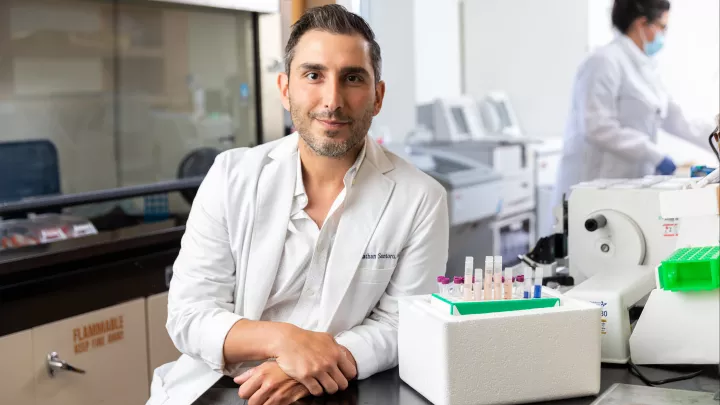Pediatric Stroke Treatment
Children’s Hospital Los Angeles delivers specialized care to Southern California’s most fragile pediatric patients, including those experiencing stroke. Through a comprehensive, multidisciplinary approach, trusted experts come together to quickly deliver lifesaving therapies. After the acute stroke, we continue to provide families support including rehabilitative services to make a smooth transition back to daily life.
Pediatric Stroke Treatment: Why Choose Us
Stroke requires immediate treatment. At Children’s Hospital, you will find pediatric neurologists trained in the treatment of stroke who understand your child’s needs. Our experience in treating a high volume of stroke patients gives your child the best chance for reaching their greatest potential.
Highlights of our program include:
- Expertise: Children’s Hospital is home to some of the few doctors in the country with advanced (fellowship) training in neurocritical care, pediatric stroke and neonatal neurology. Our commitment to clinical excellence ensures your child receives appropriate treatment every step of the way.
- Treatments: We offer intravenous clot-busting medication (tPA) and partner with centers that can offer more invasive therapies such as clot retrieval.
- Post-acute care: After completing emergency treatment, we continue caring for your child in our Newborn and Infant Critical Care Unit (NICCU), Pediatric Intensive Care Unit (PICU) or Cardiothoracic Intensive Care Unit (CTICU). These specialized units provide around-the-clock monitoring for stroke patients.
About stroke in children
Stroke occurs when there is a sudden disruption of blood flow to the brain and can cause tissue death within minutes. This condition is rare in children and often a complication of another medical condition. Stroke symptoms are different in children compared to adults and vary based on a child’s age.
These are some reasons why it is essential to receive treatment from an experienced pediatric stroke program, such as the one at Children’s Hospital Los Angeles. We recognize the early symptoms of stroke and deliver the highest level of care.
Conditions that may cause stroke in children include:
- Clotting and bleeding disorders
- Cerebrovascular malformations
- Congenital heart disease
- Sickle cell disease
- Inflammation including infections or rheumatologic disorders
- Traumatic brain injury
- Abnormalities of the blood vessels of the brain
- Genetic conditions
Pediatric stroke care and services
Children’s Hospital offers a broad range of treatments and services, including:
Emergency pediatric stroke assessments
Members of our multidisciplinary stroke team are available any time of the day or night to care for children with stroke-like symptoms. Experts come together within minutes to perform assessments and confirm a stroke diagnosis. Working together, they quickly determine which therapies are best for your child.
Tissue plasminogen activator (tPA)
On some occasions, we use tissue plasminogen activator (tPA) to treat stroke in children. This medication dissolves clots and restores blood flow to the brain. For tPA to work effectively, it must be given to children within four and a half hours of the start of stroke symptoms.
Supportive therapies
Additional therapies may be necessary to manage medical conditions that caused the stroke. Your child’s care may include blood transfusions for sickle cell disease, medications to relieve fever, or treatment to maintain adequate oxygen levels and blood pressure. Sometimes a procedure is necessary to relieve the swelling from a stroke.
On-site rehabilitation
Rehabilitation helps your child cope with the lingering effects of stroke. This may include relearning how to walk, eat or perform daily activities. Children’s Hospital is one of the only pediatric programs in the country with an Inpatient Rehabilitation Center. Care may include physical, occupational or speech therapy.
Family-based services
Pediatric stroke can affect your entire family, which is why family-based services are available any time you need them. Social workers provide emotional support and coordinate community resources to make life less stressful. Our Child Life specialists use age-appropriate techniques to explain treatments and soothe anxiety.
Follow-up care
Our pediatric stroke experts maintain an active role in your child’s recovery even after you leave the hospital. We provide ongoing follow-up care to monitor long-term progress, treat the consequences and manage the future risk of stroke. Learn more about our Stroke Program.


